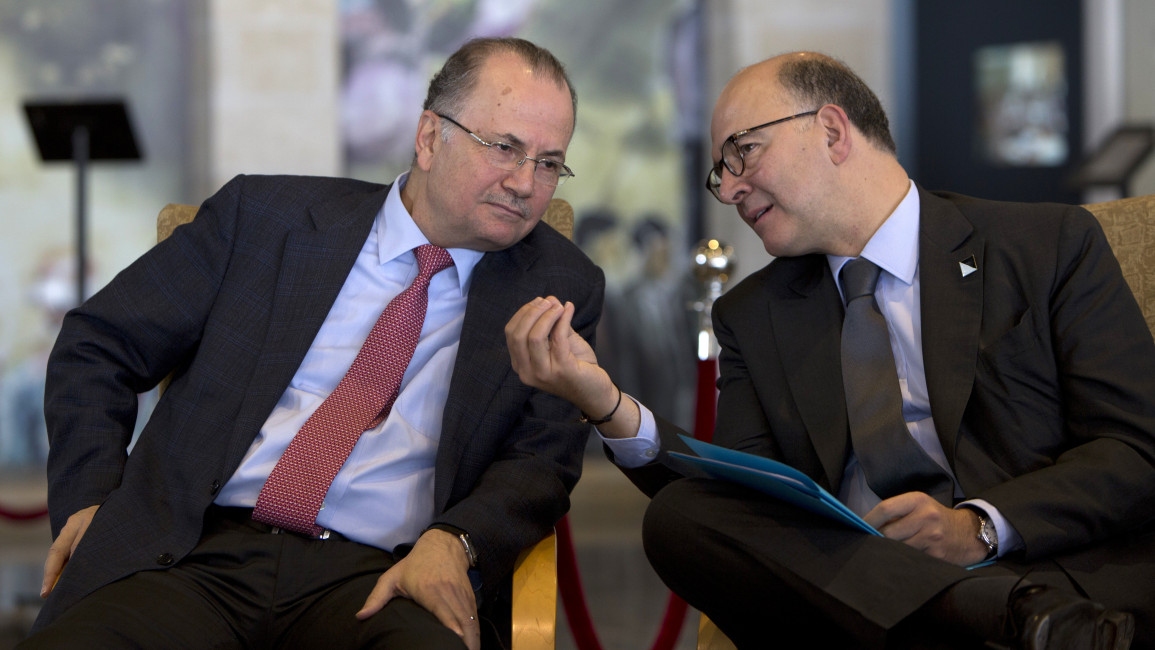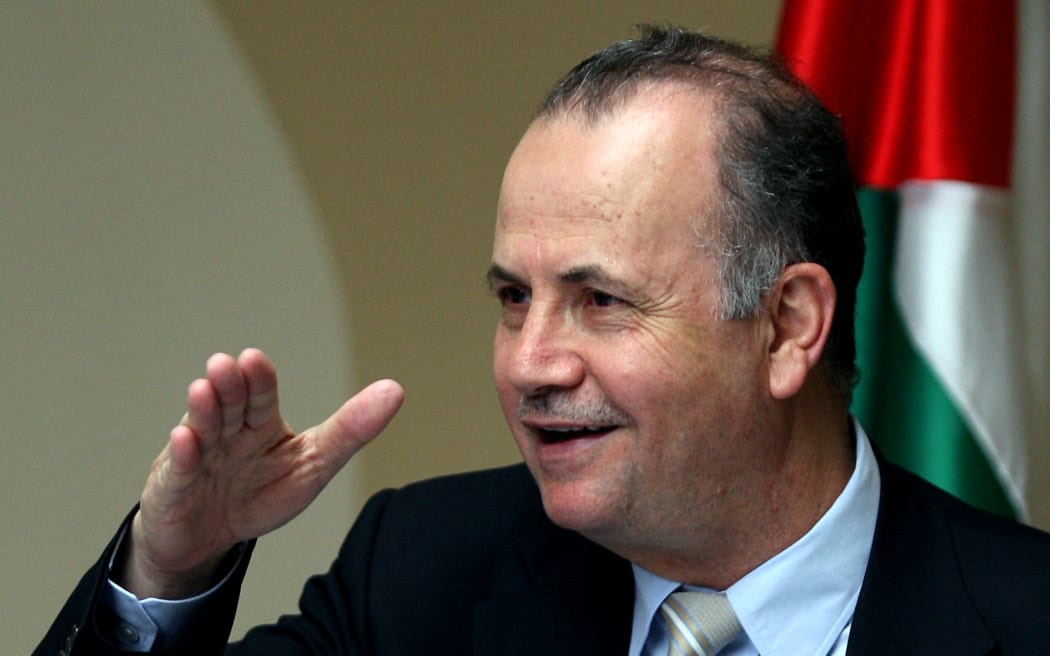Defying US efforts to restructure the Palestinian Authority as part of Washington’s post-war strategy for Gaza, Palestinian President Mahmoud Abbas named his longstanding economic advisor Mohammed Mustafa as the country’s next prime minister.
The job of creating a new PA administration, which has limited authority in some areas of the Israeli-occupied West Bank, now falls to Mustafa, a political independent with an economic degree from the US.

Abbas requested Mustafa to organize strategies for reuniting administration in the occupied West Bank and Gaza, spearhead changes in the government, security services, and economy, and combat corruption, according to a statement announcing the appointment on Thursday. In light of Israel’s war on Gaza and the rising violence in the occupied West Bank, Mustafa succeeded previous Prime Minister Mohammed Shtayyeh, who quit in February along with his administration.
Facts regarding Mohammed Mustafa
The 69-year-old is now needed to set up a new government for the Palestinian Authority, which is restricted to a tiny portion of the West Bank that is occupied by Israel. Authority over the Palestinian territories has been divided since 2007 between Abbas’s Palestinian Authority in the West Bank and Hamas in the Gaza Strip. Mustafa attended George Washington University in the United States and is a member of the Palestine Liberation Organization’s autonomous executive committee.
The organization is controlled by the Fatah faction, which is now in power. Abdul Majeed Sweilem, a Palestinian analyst, believes that Mustafa’s appointment as Saudi Arabia’s new prime minister is an attempt to strengthen Palestinian institutions and address the loopholes in the Palestinian Authority. Mustafa has held senior positions at the World Bank, the Kuwaiti government, and Saudi Arabia’s Public Investment Fund.
He has also been involved in reconstruction efforts in Gaza after Israel’s 2014 invasion. Sweilem suggests Mustafa’s liberal approach may make him acceptable to the Americans. The White House has urged Mustafa to implement far-reaching reforms in the Palestinian Authority, highlighting the importance of a reformed Palestinian Authority for stability in the West Bank and Gaza, and praised his appointment as a key factor in achieving these goals.
The next PM of the Palestinian Authority, an economist?
Economist and former deputy prime minister Mohammad Mustafa is set to be appointed as the next prime minister of the Palestinian Authority (PA) by President Mahmoud Abbas, as part of plans for post-war governance in Gaza and the West Bank. Mustafa, who worked at the World Bank and was PA deputy prime minister from 2013 to 2014, has received the backing of Abbas and is expected to meet with potential cabinet members in the coming days.

The announcement is expected to initiate a process that could see Abba’s step aside from the PA’s 16-year presidency.
US officials are discussing a post-war Gaza plan to transfer power from Abbas to a new prime minister, leaving the president in a ceremonial role. Abbas has become unpopular domestically and faced international diplomats’ frustration due to his inability to implement reforms to the Palestinian Authority (PA).
His corruption allegations and collusion with Israel have left the Palestinian economy in dire straits. US-educated Mustafa’s neutrality is attractive to Palestinian and regional figures seeking a government to bridge Gaza and the West Bank’s divided governance.
However, The Palestinian Authority (PA) is expected to re-govern Gaza and the West Bank after Abbas’ Fatah party lost control of Gaza in 2007. Fatah and Hamas officials are meeting in Moscow to discuss Palestinian unity, while Abbas has visited Turkey and Qatar for consultations.
Hamas reacts angrily to Abbas’ “unilateral” PM appointment
Hamas has criticized Palestinian President Abbas’s appointment of an ally and business figure as prime minister, Muhammad Mustafa, to help reform the Palestinian Authority (PA) and rebuild Gaza.
Mustafa’s appointment comes after mounting pressure to overhaul the governing body of the occupied Palestinian territories and improve governance in the West Bank. Hamas claims the decision was taken without consulting the group, despite recent participation in a meeting attended by Abbas’ Fatah movement.

The Palestinian Authority (PA) has appointed Mustafa, who has been instrumental in organizing the reconstruction of Gaza following a previous conflict. The appointment of Mustafa, who replaces former Prime Minister Mohammed Shtayyeh, shows a willingness to meet international demands for change in the administration. Abbas remains the most powerful figure in the PA, but the appointment of a new government shows a willingness to meet international demands for change in the administration.
Arab and international efforts have failed to reconcile Hamas and Fatah, which makes up the backbone of the PA, since the Hamas 2007 takeover of Gaza, which reduced Abbas’s authority to the Israeli-occupied West Bank. Palestinians want both territories as the core of a future independent state. Hamas has called any attempt to exclude it from the political scene after the war “delusional.”












